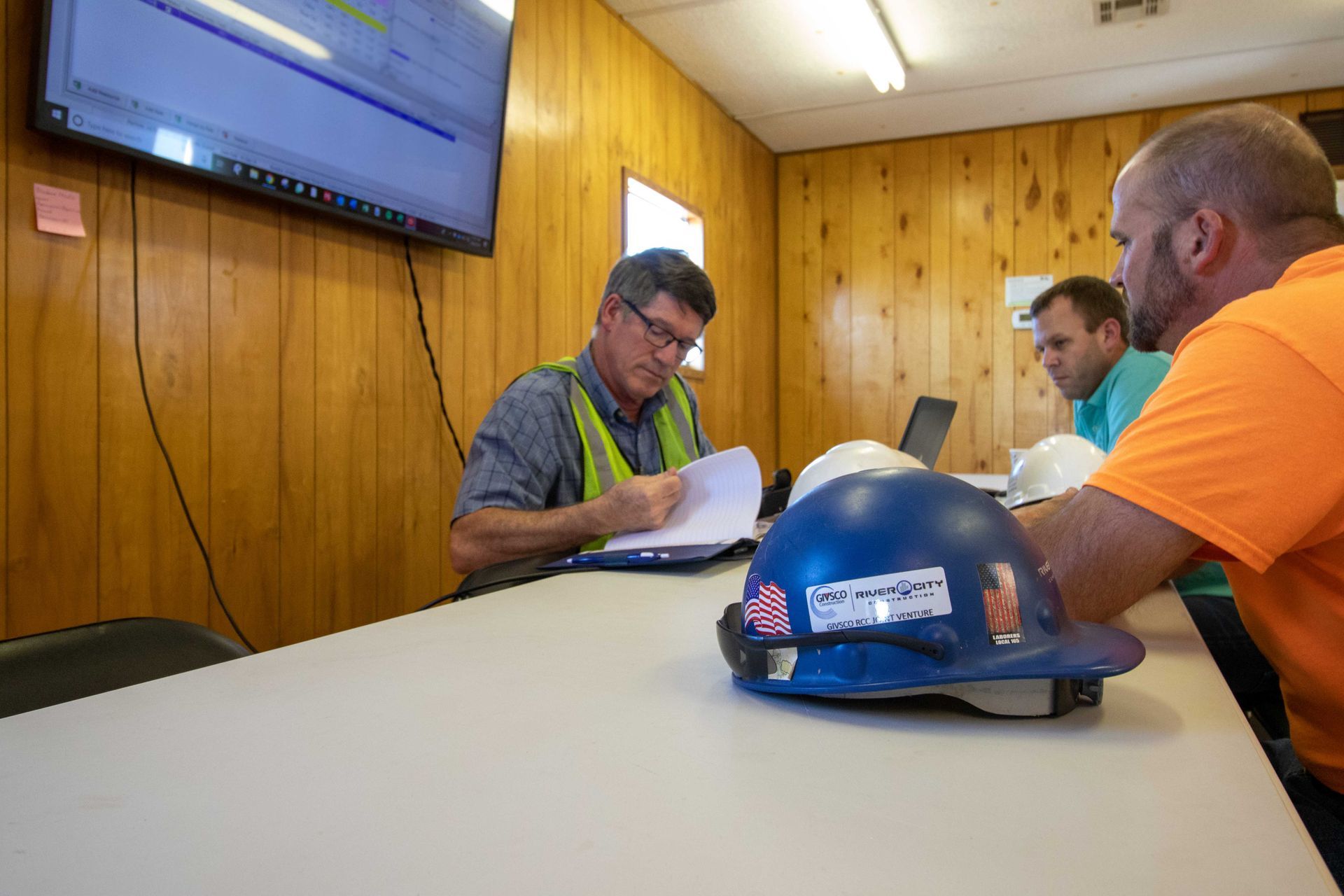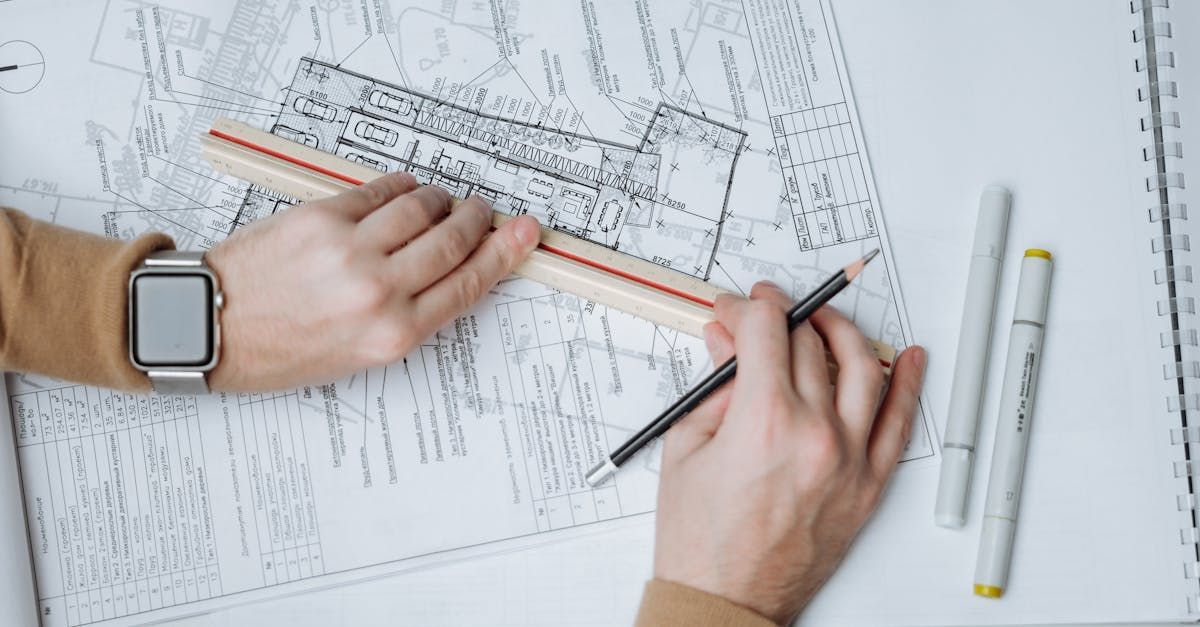The Ins and Outs of Construction Disputes
The Ins and Outs of Construction Disputes
The Ins and Outs of Construction Disputes. With so many moving parts, there’s no wonder that disputes can happen during any and every stage of a construction project. Lack of planning and communication are often at the center of these disputes, which makes proper scheduling imperative for helping avoid or resolve these issues.
That said, it’s important for everyone involved to understand what a construction dispute is, how to resolve them, and the steps you need to take to prevent them in the first place.
What is a construction dispute?
There’s a long list of factors that go into defining what is (and what isn’t) a construction dispute. Delayed deadlines, contractual non-compliance, and budgetary overages are among some of the most common and can have a long-lasting impact on the entire project. Disputes will stop work in its tracks and cost even more in the long run. Solving these disputes means finding a resolution and the source of the problem.
Contract disputes
Because the contract for each project is different, contract disputes can also run the gamut. One example is a disagreement over insurance compensation or responsible party. Misunderstandings over scope of work can also arise — one side may feel as though the assigned work isn’t fairly distributed or the payment isn’t correct. Take the time before the project starts to write a contract that doesn’t leave room for any error.
Conflict among the team members
Think about all of the people who work on each stage of a construction project. From proposal to cleanup, there are several teams and decision-makers that work hard under plenty of stress; they all have vastly different temperaments and work styles. They may also react quite differently to challenges and obstacles. It’s a great stage of the project to outline everyone’s roles and responsibilities as a resource to call on when someone reacts in a way that could create a dispute between the parties.
Unanticipated events
All the planning in the world can’t prepare teams for surprises during the construction project. Accidents, weather conditions, and other uncontrollable events can all stop the forward motion of work. While we can’t stop these things from happening, we can analyze risk factors and plan for margins of error. Worker strikes can also fall under this category, but avoiding payroll snafus and unsafe site conditions can go a long way toward preventing this type of disruption.

How can construction disputes be prevented?
As the cliche goes, an ounce of prevention is worth a pound of cure. Putting time and effort into mitigating the risk of a dispute before any work starts will save time, money, and stress.
Create a detailed plan
We can’t stress this enough: A finely tuned and detailed plan is a blueprint for success. Not only does it help identify areas where things could go awry, but it also offers details on how to manage risk that could eventually lead to a serious dispute.
Use construction software tools
Software tools like Primavera can track details that go into making your project a success. Everything is documented, and disputes can easily be resolved based on the data collected. A clear record of project progress can predict potential risk and help prevent conflict.
Keep up with a project journal
While construction software can keep up with a project, supervisors should still maintain a personal record of what’s happening on-site. It’s just one more way to spot red flags before they become disputes. Take plenty of pictures along the way, too.

How are construction disputes resolved?
Part of planning ahead means knowing that no amount of planning can ultimately eliminate all potential for construction disputes. In that sense, everyone involved in the project should be aware of different resolution strategies.
- Resolution boards: Each side chooses a representative with technical knowledge and a project supervisor as the third member to work through challenges
- Mediation: A mediator is a neutral party who will work with both parties to find a resolution after contacting both sides to see where the discrepancy exists
- Arbitration: While this process is similar to mediation, an arbitrator has the power to present both parties with a legally binding solution
- Judicial appraisal: Without going to trial, a judge can offer a hypothetical outcome should the dispute go to a courtroom trial
While none of us can predict everything that can arise during a construction project, we can plan ahead to mitigate risk, know how to look for potential disputes, and resolve them in a way that doesn’t prevent projects from costing more or missing deadlines. While using Primavera can be a great tool, you may also need the help of a consultant —
our team can offer both. We have served as expert witnesses in numerous cases. If you need us to provide our expert opinion on construction scheduling matters, contact us for availability.







